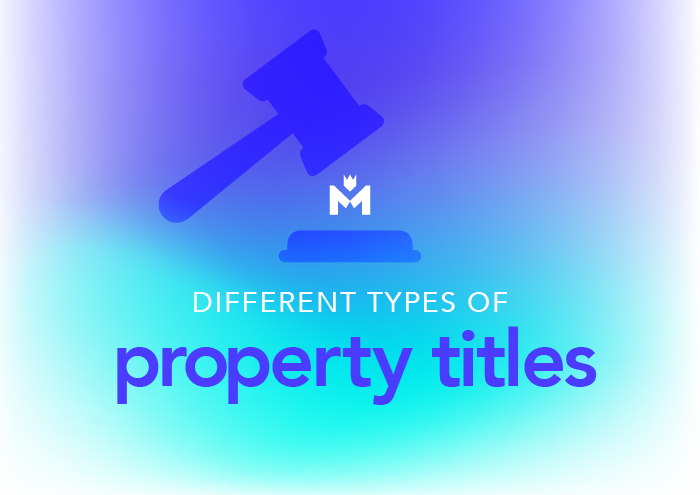There’s more than one way to own a property, and in New Zealand, there are four different types of property titles. Property titles can get complicated and if you don’t know what kind you’re buying into, you might be left with more restrictions than you’d like.
Here’s the Money Empire quick-and-simple breakdown of the fast facts you need to know about the 4 most common property titles you’ll come across in New Zealand.
Freehold Property Title Meaning
Freehold is the most ‘simple’ or basic form of property title you’ll come across. It’s often very usual one of the four property titles you will come across. Under freehold, you have no legally imposed restrictions to your ownership – you can use the house and the land and anything attached to that title as you like it. You are considered to have ‘interest in the land’ i.e. ownership.
That said, there can be some de facto restrictions on what you can do with it, including:
- Covenants, which dictate what type of property you can build on the land.
- Easements, which may give your neighbours or utility companies rights to use part of your land for the purposes of connections.
- Restrictions under the Resource Management Act 1991 or because the land is Maori freehold.
Other than these, the property is considered ‘unencumbered’.
Cross Lease Property Title
Cross lease, or more specifically, cross lease (fee simple) is where you have two interests in the property: a share in the ownership of the land, and a leasehold interest in the building or area that you occupy.
The best example of this is to consider a subdivided property or set of flats. If you purchase into a cross lease (fee simple) property title, you may own a portion of the land, but there are restrictions around how you can use it, usually to the tune of needing permission from all the other shared owners.
In other words, if you suddenly decided you wanted to paint the exterior of your flat, even if it was your flat exclusively, you may need to get permission from your neighbours.
Cross leases are notoriously complicated and aren’t used in modern times. That said, you still get plenty of homes sold under them, so be sure you know the precise details of the restrictions before you buy in.
Unit Title Property Title
Unit titles were introduced as a way to deal with the problems created by cross leases (i.e. a lack of prescriptive rules or guidelines around who can do what and when). They are extremely common with modern apartment buildings.
When you purchase a property under a unit title, you get two things: ownership of your unit and an undivided share in the ownership of common areas. You also usually become part of the ‘body corporate’; the entity that manages these commons areas and gathers fees from the apartment owners to fund this management.
A property under unit title has some restrictions as a result. The body corporate manages the day to day of the apartment building, and you’ll have a vote in what happens. You can’t make those changes to the common areas yourself, however. Within your apartment, you are also usually beholden to the rules of the body corporate.
As a result, this can end up creating either very few or significant restrictions to you as a unit title owner.
Leasehold Property Title
Leasehold is essentially a very long term renting scheme. You don’t take an interest in the land or the property on it, you just pay for the rights to use the property and the land – usually for a significant amount of time, such as 100 years. Over that time, you pay ground rent back to the actual owner of the land. Once the term is up, you don’t own anything in the land or the property.
This makes leasehold unattractive for most property investors, even though it is much, much cheaper than freehold, as you don’t get anything at the end of it.
And there you have it! Four different types of property titles with four very different profiles. But before you rush off, remember: these are just the basics. Even a fee simple freehold property could have some covenants and easements you don’t know about. That’s why it’s always important to include a lawyer in your property purchase – and that they can explain to you what your property title lets (and doesn’t let) you do.




